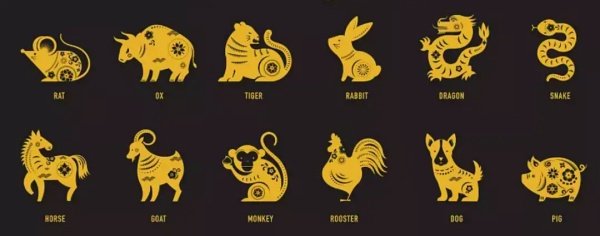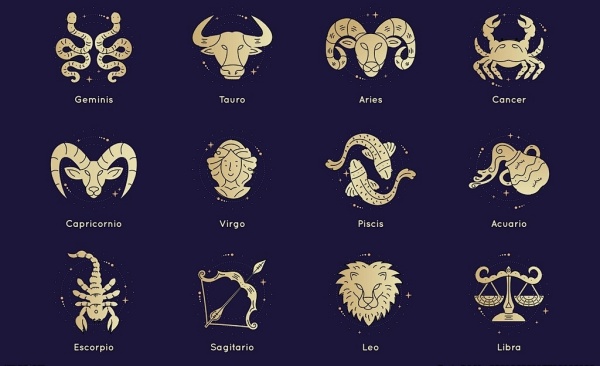In 2024, the Western Zodiac and Chinese Zodiac exhibit distinct characteristics and cultural significance due to their different origins and methodologies.
Western Zodiac in 2024:
The Western Zodiac is based on the solar calendar, dividing the year into twelve equal parts corresponding to the twelve zodiac signs. Each sign is associated with specific personality traits and characteristics influenced by Greco-Roman thought and astronomy. The year 2024 falls under the sign of Aries in the Western Zodiac, which is known for its energy, enthusiasm, and leadership qualities. People born under this sign are typically seen as bold, assertive, and sometimes impulsive.

Chinese Zodiac in 2024:
In 2024, it is the Year of the Wood Dragon, which starts from February 10th, 2024 (Chinese New Year) and ends on January 28th, 2025 (Chinese New Year’s Eve). The dragon is associated with power, strength, and good fortune.
Differences Between the Two Systems in 2024:
Cultural Basis: The Western Zodiac is deeply rooted in Greco-Roman mythology and astronomy, while the Chinese Zodiac is based on traditional Chinese philosophy and legends about twelve animals competing in a race.
Elemental Association: While the Western Zodiac has four elements (Fire, Earth, Water, Air), the Chinese Zodiac incorporates five elements (Fire, Earth, Water, Metal, Wood), which also influence the characteristics attributed to each zodiac sign.

Personality Traits: The Western Zodiac focuses on personality traits that are believed to be influenced by one’s position relative to the sun throughout the year. The Personality of a Chinese person is related to the twelve zodiac animals corresponding to the year in which they were born. Each animal sign has its own unique combination of positive and negative traits. These characteristics help influence the overall personality traits of those born in that year.
While both systems provide insights into personality traits and life events, they do so through different cultural lenses and methodologies. The Western Zodiac emphasizes solar influences and elemental associations, while the Chinese Zodiac reflects lunar cycles and animal symbolism, offering a unique perspective on astrology that resonates with Chinese cultural traditions.